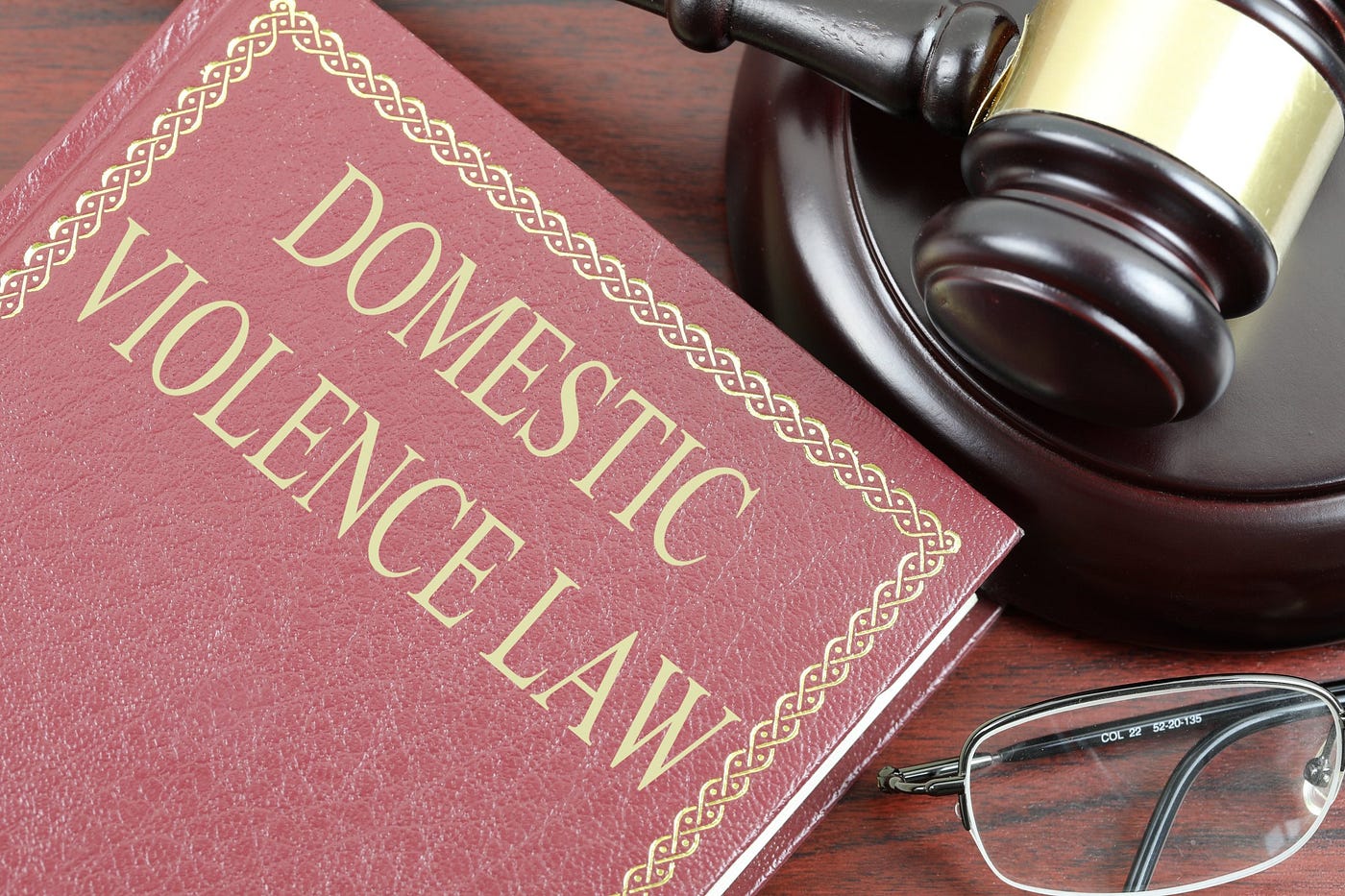Slip and fall accidents are among the most common causes of personal injury in the United States. In Texas, these accidents fall under the category of premises liability, a legal principle that holds property owners and occupiers responsible for injuries that occur on their property. Understanding the nuances of texas slip and fall laws can help victims seek rightful compensation and navigate the complexities of their cases.
What Constitutes a Slip and Fall Accident?
A slip and fall accident occurs when someone slips, trips, or falls due to a hazardous condition on someone else’s property. Common causes include:
- Wet or uneven floors
- Poor lighting
- Obstructions or debris
- Loose or damaged flooring
- Lack of proper signage
Premises Liability in Texas
In Texas, premises liability law mandates that property owners and occupiers maintain a safe environment for visitors. The extent of liability depends on the visitor’s legal status on the property, which is classified into three categories:
- Invitees: These are individuals who enter the property for business purposes, such as customers in a store. Property owners owe the highest duty of care to invitees, which includes regularly inspecting the premises for hazards and promptly addressing them.
- Licensees: These are social guests or individuals who enter the property for non-business purposes with the owner’s permission. Owners must warn licensees of known dangers that are not obvious.
- Trespassers: Individuals who enter the property without permission are considered trespassers. Generally, property owners owe no duty of care to trespassers, except to refrain from willfully causing harm.
Proving Negligence in Slip and Fall Cases
To succeed in a slip and fall claim in Texas, the injured party must prove the following elements:
- Duty: The property owner or occupier owed a duty of care to the injured party.
- Breach of Duty: The owner or occupier breached that duty by failing to address or warn about a hazardous condition.
- Causation: The breach of duty directly caused the slip and fall accident.
- Damages: The injured party suffered actual harm or losses as a result of the accident.
Comparative Fault in Texas
Texas follows a modified comparative fault rule, which means that if the injured party is found partially responsible for the accident, their compensation will be reduced by their percentage of fault. However, if they are found to be 51% or more at fault, they will be barred from recovering any damages.
Statute of Limitations
In Texas, the statute of limitations for filing a slip and fall lawsuit is two years from the date of the accident. It’s crucial to take legal action within this timeframe, as failing to do so can result in losing the right to seek compensation.
Steps to Take After a Slip and Fall Accident
If you are involved in a slip and fall accident in Texas, taking the following steps can strengthen your case:
- Seek Medical Attention: Your health is the top priority. Additionally, medical records will serve as crucial evidence.
- Report the Accident: Notify the property owner or manager and ensure an incident report is filed.
- Document the Scene: Take photos or videos of the hazard that caused the fall and gather witness statements if possible.
- Keep Records: Maintain all records related to the accident, including medical bills, lost wages, and communication with insurance companies.
- Consult an Attorney: An experienced personal injury attorney can help you navigate the legal process and advocate for your rights.
Conclusion
Slip and fall accidents can lead to significant physical, emotional, and financial burdens. Understanding Texas slip and fall laws and taking appropriate actions after an accident can help victims seek fair compensation. If you or a loved one has been injured in a slip and fall accident, consider consulting with a knowledgeable attorney to explore your legal options.



